PRODUCTS
Natural in essence. Really.
THE MIXCYCLING PRODUCTS
SUGHERA
At Mixcycling, cork waste is recovered and sterilized, processed in microgranules and sanitized, to make SUGHERA.
The fiber, thanks to sanitization and activation, is free from heavy metals and bacteria,
100% suitable for food contact.
It will then be mixed with a polymer to create a sustainable bioplastic material.
LIGNUM
At Mixcycling, wood production waste is recovered and sterilized, processed in microgranules and sanitized, to make LIGNUM.
The fiber, thanks to sanitization and activation, is free from heavy metals and bacteria.
It will then be mixed with a polymer to create a sustainable bioplastic material.
LOLLA
At Mixcycling, rice production waste is recovered and sterilized, processed in microgranules and sanitized, to realize LOLLA.
The fiber, thanks to sanitization and activation, is free from heavy metals and bacteria.
It will then be mixed with a polymer to create a sustainable bioplastic material.
BAMBOO
The bamboo is recovered and sterilized, processed in microgranules and sanitized, to make BAMBOO.
The fiber, thanks to sanitization and activation, is free from heavy metals and bacteria.
It will then be mixed with a polymer to create a sustainable bioplastic material.
COFFEE
At Mixcycling, the silverskin is recovered and sterilized, processed in microgranules and sanitized, to make COFFEE.
The fiber, thanks to sanitization and activation, is free from heavy metals and bacteria.
It will then be mixed with a polymer to create a sustainable bioplastic material.
WOULD YOU LIKE TO DISCOVER MIXCYCLING MATERIALS?
WHAT IS A BIOCOMPOSITE?
All Mixcycling products are biocomposites.
This means that they contain a percentage (from 10% to 70%) of organic fiber mixed with a polymer base that can be virgin, recycled or bio-based.
Based on our users’ necessities we offer different ranges of biocomposites.
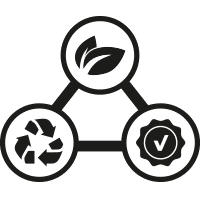
Carrier
+
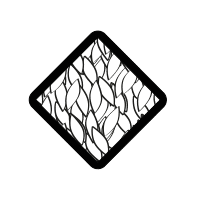
Fiber
=

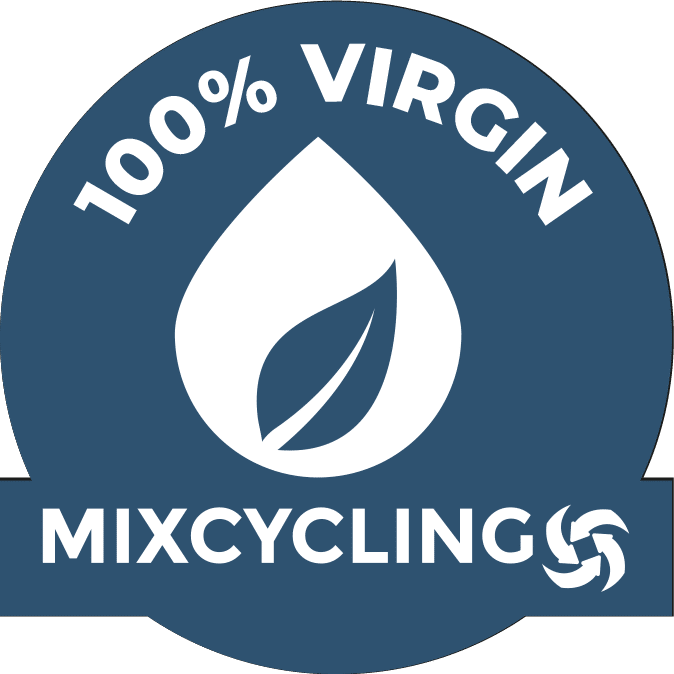
Virgin Carriers
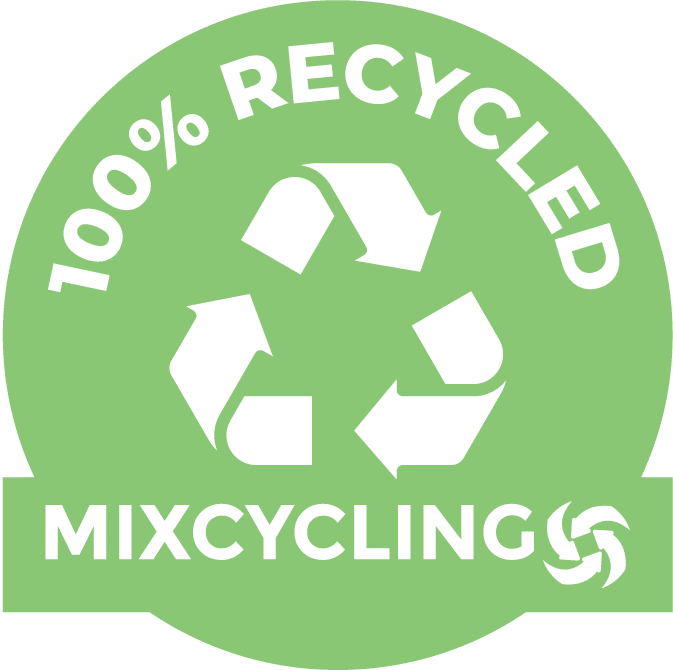
Recycled Carriers
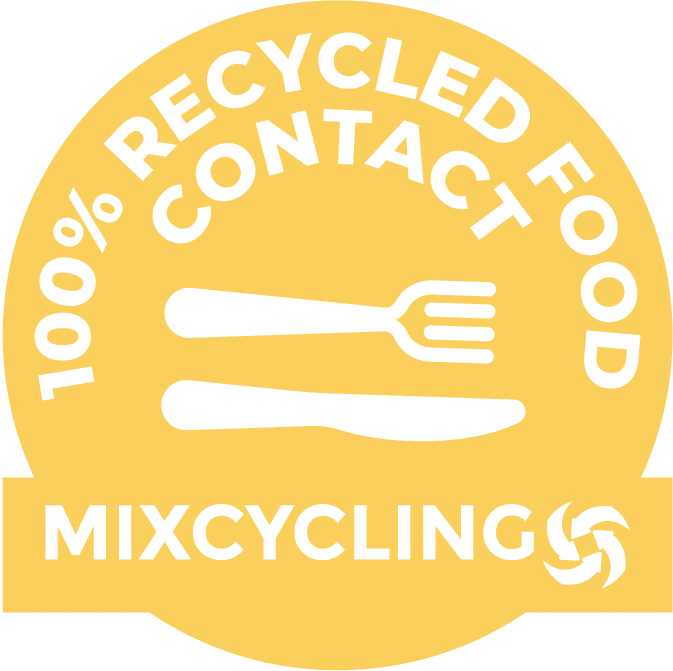
Recycled Carriers Food Contact
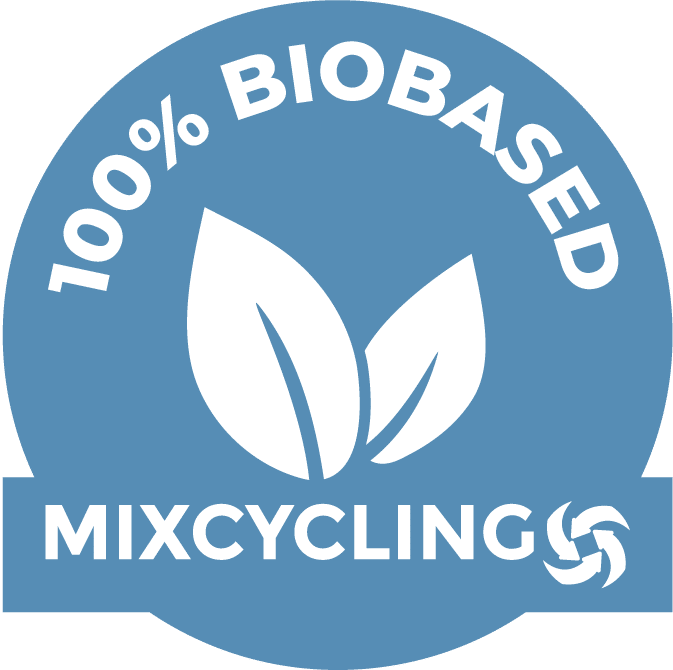
Bio-based Carriers
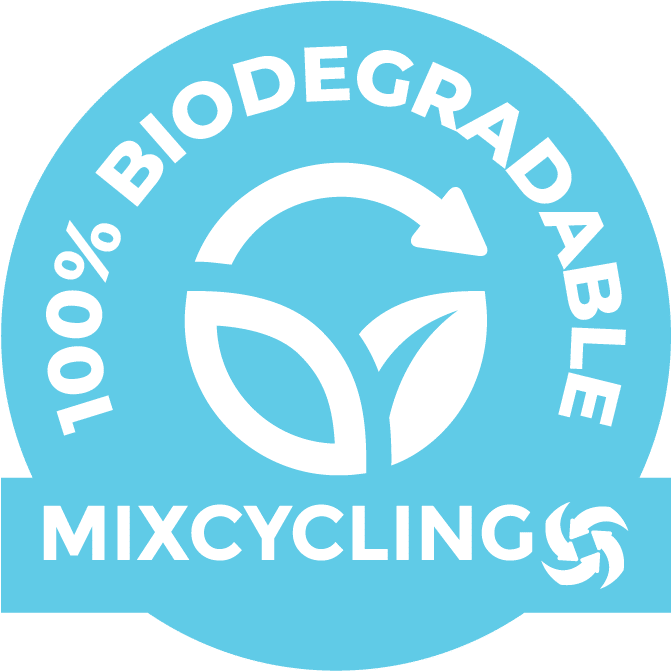
Biodegradable Carriers
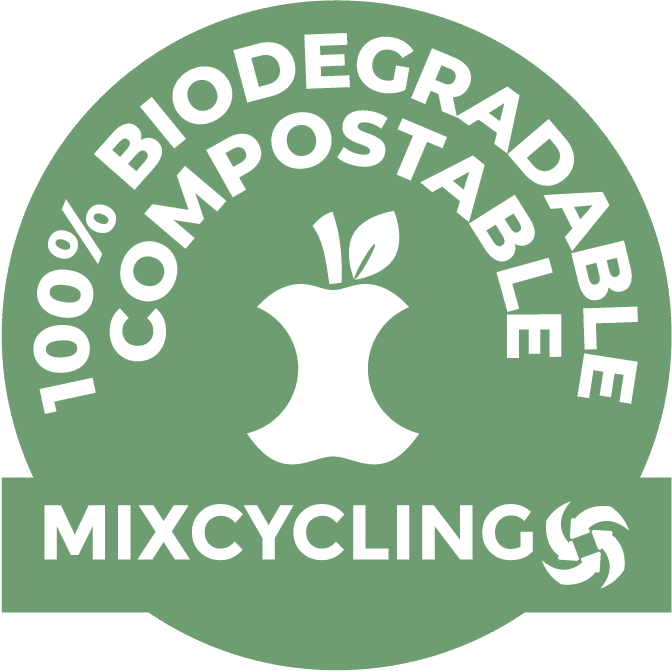
Biodegradable Compostable Carriers

Analysis and feasibility studies on the object’s life cycle


STANDARD FIBERS
BAMBOO
We use bamboo that is 100% made in Italy, organic, biodynamic and symbiotic, from Forever Bambù‘s sustainable forests. A european leader in the creation of giant bamboo forests, Forever Bambù has chosen Mixcycling as an exclusive partner to create biocomposites.
RICE HUSK
Rice husk is a byproduct of the initial processing of rice. More specifically, the husk is the peel that covers the rice grain which is discarded during dehusking.
CORK
Cork oaks grow in the forests of Portugal, the world’s largest producer. Their bark is harvested every 9 years, without cutting or weakening the plant: this allows the tree to keep living and growing.
Cork is only harvested from early May until August, when the bark can be separated from the trunk without causing permanent damage to the tree.
MARC
The marc we use for Mixcycling materials is “a scrap’s scrap”. This is because, after having been generated from crushing and having been used to distillate spirits, it is discarded. That is when we recover it to produce Bio Vinum.
MISCANTHUS
Miscanthus, or silvergrass, is a perennial grass plant with high production performance. Thanks to its high productivity, in recent years it has become an important resource as lignocellulosic biomass, both for energy and for the production of biobased objects.
Throughout its growth, the plant does not need any particular intervention from the farmer.
WOOD
The wood we use is scrap from an internal stopper production process. Instead of being thrown away, the scrap is treated and sanitised to give it new life.
MIXFILLER BY MIXCYCLING
Mixcycling offers our know-how and our patented process for fibre processing in order to supply high performance, sustainable fillers.


